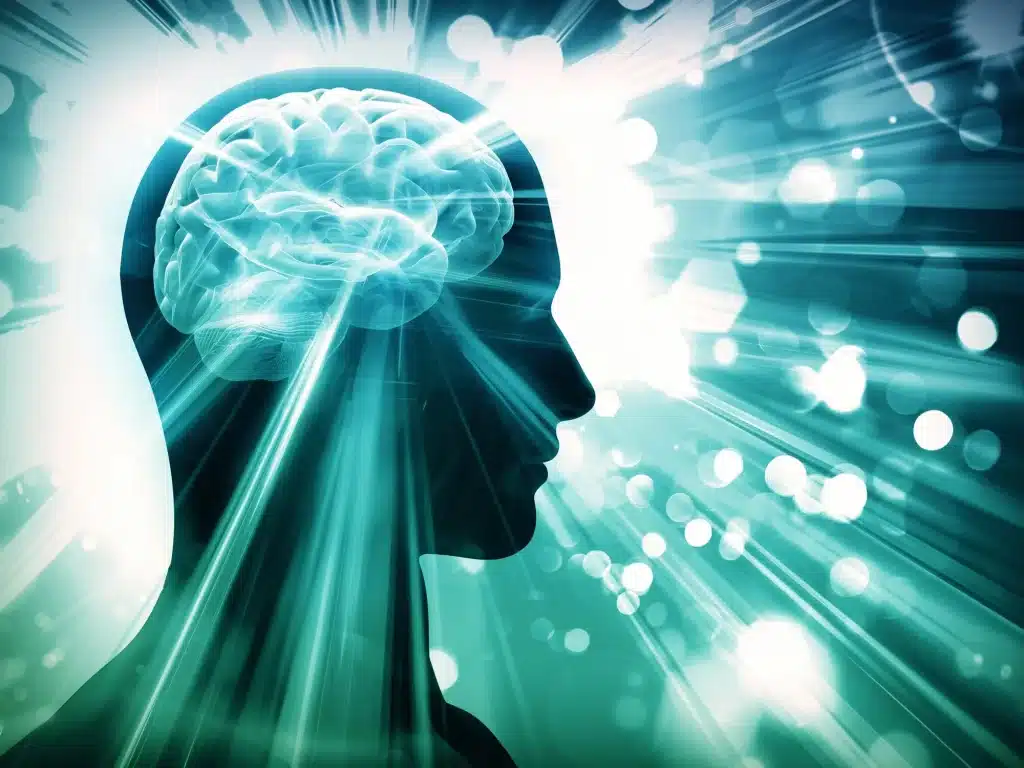Why Mental Clarity Improves with Fewer Distractions
Natalie Brooks August 4, 2025
In today’s fast-paced world, distractions seem to be everywhere—from social media pings to constant emails, and even the overwhelming pressure to multitask. But what if we told you that mental clarity and focus are more attainable than you think? Studies consistently show that fewer distractions directly improve mental clarity, which in turn boosts productivity, emotional well-being, and overall health. So, why is it so important to reduce distractions? Let’s explore how you can achieve better focus, improve your wellness, and take control of your mind with just a few simple changes.

Understanding Mental Clarity and Its Importance
Mental clarity refers to the ability to think clearly, process information effectively, and maintain focus. It’s essential for making decisions, solving problems, and executing tasks without feeling mentally drained. Without it, we might feel overwhelmed, stressed, and anxious, which can harm our overall wellness.
According to wellness experts, mental clarity plays a significant role in reducing anxiety and improving cognitive function. By minimizing distractions, you free your mind to focus on what truly matters, allowing for more productive and efficient work, healthier relationships, and a calmer state of mind.
In a world filled with constant interruptions, it’s crucial to actively find ways to cultivate clarity and well-being. But how exactly do distractions affect your ability to think clearly?
The Science of Distractions and Mental Clarity
Research suggests that multitasking and constant distractions significantly reduce cognitive performance. Every time we switch from one task to another, our brain needs time to refocus. This is known as “cognitive switching cost,” and studies indicate that it can take anywhere from 15 to 30 minutes to regain full focus after an interruption (Mark, Gudith, & Klocke, 2008).
The brain’s limited capacity to handle multiple streams of information at once means that when you constantly jump from task to task, your mind never truly engages in a single activity. This fragmented approach reduces efficiency, making it harder to retain information, solve problems, and complete tasks.
Moreover, distractions contribute to mental fatigue, which can lead to stress and burnout. According to a study by the American Psychological Association, constant distractions are directly linked to higher stress levels and a decreased sense of satisfaction in daily life (American Psychological Association, 2014). Reducing these distractions is essential for maintaining mental clarity and well-being.
How Fewer Distractions Can Improve Mental Clarity
1. Improved Focus and Productivity
The most immediate benefit of reducing distractions is enhanced focus. When you minimize interruptions, your brain is better able to concentrate on the task at hand. Research has shown that people who focus on one task at a time are more productive and efficient (Ophir, Nass, & Wagner, 2009).
By cutting out background noise—whether it’s social media, notifications, or constant multitasking—you enable your brain to work in a deeper, more deliberate manner. This focused state allows for higher quality work and faster completion of tasks, all of which boost mental clarity.
2. Reduced Stress and Anxiety
Distractions don’t just impair focus; they also increase feelings of anxiety. When we’re constantly bombarded with stimuli, our brains are under constant strain, leading to emotional distress. By cutting out unnecessary distractions, such as excessive phone checking or unnecessary meetings, you give your mind the space to breathe and relax.
A study conducted by the University of California found that reducing distractions can lower stress levels significantly (Wilson, 2014). When you focus on fewer things, your mind becomes less chaotic and more at ease. This reduction in mental clutter helps in cultivating a sense of calm and peace.
3. Better Decision-Making
Clear thinking is crucial when making decisions. The more distractions you have, the harder it is to process information and make informed choices. Mental clarity gives you the ability to make decisions that are well-thought-out and in line with your long-term goals. When your mind is free from constant interruptions, you’re more likely to evaluate situations with logic and reason, avoiding rash decisions made in haste.
4. Enhanced Creativity
Contrary to popular belief, distractions do not spark creativity. In fact, they hinder creative thinking by pulling focus away from the task. Creativity often requires a state of deep concentration, where ideas flow freely and organically. By minimizing distractions, you allow yourself the mental space to think outside the box and engage in creative problem-solving.
Practical Ways to Reduce Distractions and Improve Mental Clarity
1. Limit Social Media and Email Notifications
One of the biggest distractions in modern life is social media. Constant notifications can disrupt your focus and lead to wasted time. Start by turning off notifications on your phone and setting specific times throughout the day to check your messages or social media accounts.
2. Set Clear Boundaries and Prioritize Tasks
Create boundaries around your work and personal life. Establish clear time blocks for when you will work, exercise, relax, and socialize. By sticking to these boundaries, you train your brain to focus during designated times, reducing the mental clutter that comes from constantly switching between different activities.
3. Practice Mindfulness and Meditation
Mindfulness and meditation are excellent tools for improving mental clarity. These practices help you tune into the present moment, clearing your mind of unnecessary thoughts and distractions. Even spending just a few minutes a day practicing deep breathing or mindfulness can help you regain focus and calm your thoughts.
4. Create a Dedicated Work Space
Whether you work from home or an office, it’s essential to have a designated space where you can focus without distractions. Keep your workspace clean and free of unnecessary items that might divert your attention. This physical separation from distractions helps signal to your brain that it’s time to focus.
5. Take Regular Breaks
Ironically, taking breaks can help improve focus and clarity. Working for long periods without rest leads to mental exhaustion. Taking regular, short breaks throughout the day can refresh your mind and prevent burnout. The Pomodoro Technique, for example, encourages 25-minute intervals of focused work followed by a 5-minute break.
Conclusion: A Clear Mind Leads to Better Wellness
Fewer distractions are the key to unlocking better mental clarity, and by extension, enhanced wellness. With fewer interruptions, you allow your brain to engage deeply in tasks, leading to higher productivity, reduced stress, and improved emotional health. By making intentional changes in your daily routine—like limiting distractions, setting clear boundaries, and practicing mindfulness—you can foster a sense of calm, improve your cognitive function, and elevate your overall well-being.
Remember, the less cluttered your mind, the more space there is for peace, creativity, and clarity. So, take the first step today by cutting out the distractions that stand in the way of your mental clarity and wellness.
References:
- American Psychological Association (2014) Stress in America: Are Teens Adopting Adults’ Stressful Habits? Available at: https://www.apa.org (Accessed 5 August 2025).
- Mark, G., Gudith, D., & Klocke, U. (2008) The Cost of Interrupted Work: More Speed and Stress. Available at: https://dl.acm.org (Accessed: 4 August 2025).
- Ophir, E., Nass, C., & Wagner, A.D. (2009) Cognitive control in media multitaskers. Available at: https://www.pnas.org (Accessed: 4 August 2025).







